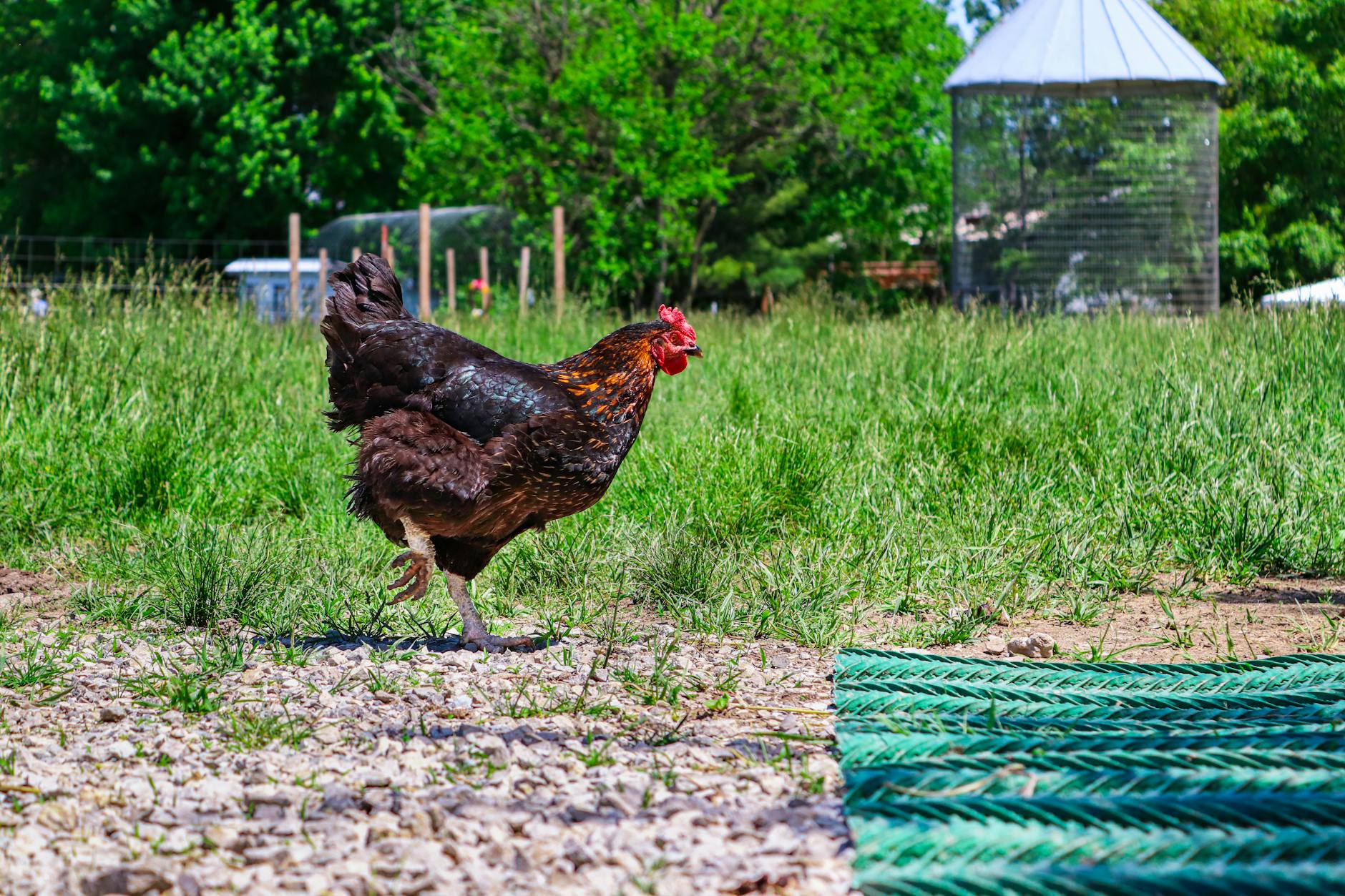Maximize Organic Egg Yield: Insights on Sustainable Practices

Introduction
Achieving maximum organic egg yield is a critical objective for poultry farmers committed to sustainable practices. In an era where organic and sustainable food production is becoming increasingly valued, understanding the nuances involved in boosting egg yield while adhering to environmental and ethical standards is crucial. This article aims to provide chicken farmers with insights and strategies to enhance their organic egg production, focusing on free-range chicken practices, efficient chicken coop designs, and effective chicken health management—it is these facets that ultimately determine the success of sustainable egg production.
Understanding Free-Range Chicken Practices
Free-range chicken practices play a significant role in sustainable egg production. Allowing chickens to roam freely on pastures significantly improves their well-being and egg quality. However, free-range practices require careful management to be effective. A well-managed pasture reduces stress, promotes natural foraging behavior, and contributes to high-quality egg production.
The Role of Organic Chicken Feed and Nutrition
Health management is central to maintaining productive layers. Regular health checks, vaccinations, and cleanliness are critical. Implementing a comprehensive chicken health management program reduces the onset of diseases that can affect productivity. For instance, maintaining biosecurity measures can prevent outbreaks of common illnesses that can dramatically reduce egg yield.
Selecting the right local chicken breeds can affect egg productivity. Some breeds are naturally more inclined to laying eggs frequently and consistently. It is essential to understand the specific needs and advantages of different breeds, as local breeds are often better adapted to the environment, potentially increasing the sustainability and productivity of a farm.
Leveraging Poultry Farming Equipment and Technology
Conclusion
**Are free-range practices truly better for egg production?** Yes, free-range practices generally lead to improved egg quality and can enhance chickens' health by allowing them to engage in natural behaviors. **What is the most important factor in chicken coop design for egg production?** Ensuring adequate space and proper ventilation are among the most crucial elements to reduce stress and promote healthy laying patterns. **How often should chicken health be checked to avoid illness?** Regular health checks, ideally monthly, can prevent and catch early signs of illness, safeguarding against potential declines in egg production. **Which chicken breeds are best for organic egg production in small-scale settings?** Breeds like Rhode Island Reds and Sussex are known for their hardiness and consistent egg production, making them ideal for organic settings. **What are the main challenges in sustainable egg production?** Balancing cost, maintaining biosecurity, and ensuring proper nutrition are the main challenges faced by sustainable egg producers.